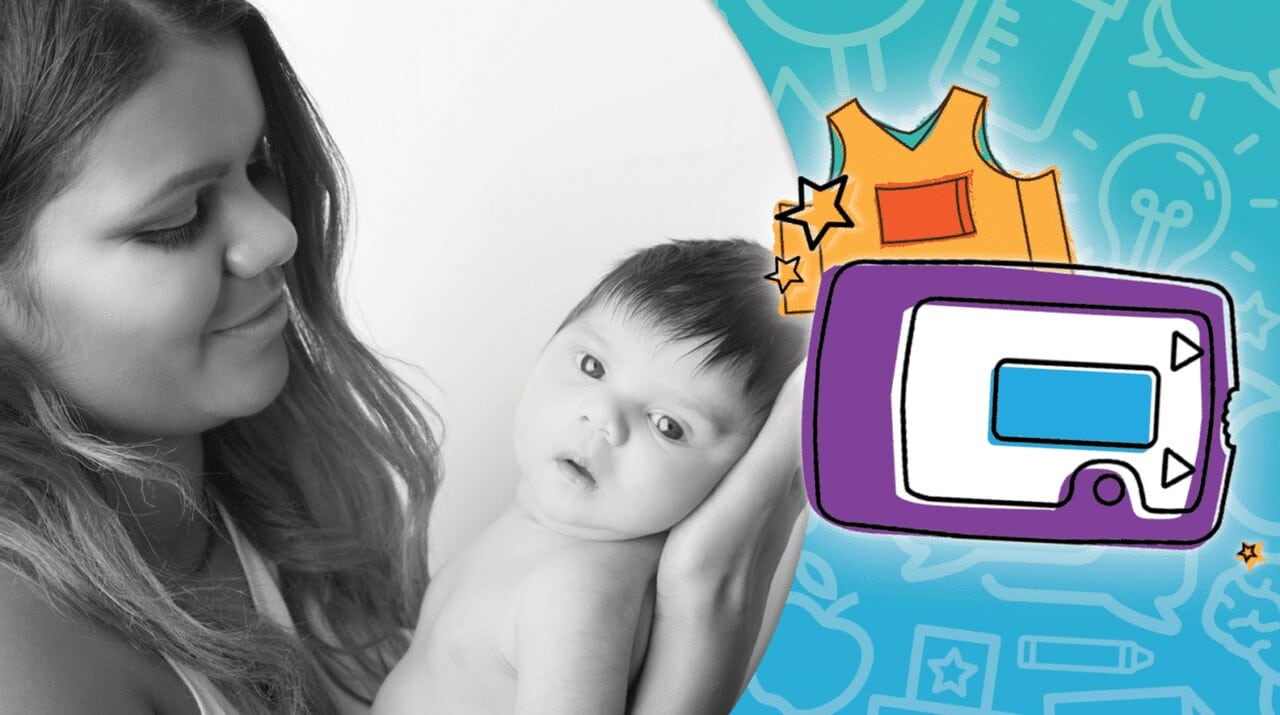If you can, think back to the day you got your first smartphone. Maybe you camped out at an Apple store and were among the earliest adopters. Or maybe it took you a little longer to warm up to the technology. Maybe you were suspicious of privacy implications, or didn’t think it would improve your life, or couldn’t justify spending so much money on a phone, or thought it would be too hard to learn. Or maybe you’re one of the few holdouts and still rely on a flip phone or landline to this day.
Now more than ever, we’re faced with decisions about incorporating new technology into our lives — namely, whether or not to do it. The examples are innumerable. There’s mobile payment, self-driving cars, distance learning, doorbell cameras, and, yes, even LENA’s “talk pedometer” technology.
When it comes to studying people’s willingness to adopt new technology, there’s a sophisticated framework researchers turn to. It’s called the “unified theory of acceptance and use of technology” (UTAUT).
Researchers in Sydney, Australia, recently used a UTAUT model to explore “the conditions under which mothers with children who are at risk of poor developmental outcomes were likely to adopt LENA.” Participants were recruited across socioeconomic and ethnic backgrounds. Common to all mothers was the fact that their children were at risk for developmental delays, due to factors such as maternal mental health issues, substance misuse, or low household income. Families completed two full LENA Days, during which their infant or toddler wore a LENA device, and participated in interviews that were then transcribed and analyzed thematically.
The paper, published in the journal JMIR Pediatrics and Parenting, concludes that participating mothers were largely amenable to using LENA technology. The details of their investigation underline just how important it is to remember that a mother’s individual circumstances determine so much of her decision to use LENA.
“With regard to working with vulnerable families,” said Dr. Lydia So, a developmental pediatrician and the study’s lead author, “the foundational goal is to build trust.”
Will it help?, or “Performance Expectancy” and “Parenting Self-Efficacy”
When we’re considering using a new technology, the question of whether or not we’ll find it useful is a big one. This, to use UTAUT lingo, is called “performance expectancy.”
In this study, the researchers homed in on the theme of reassurance to assess performance expectancy. Most of the mothers felt reassured by the feedback the LENA technology and LENA reports provided. They found LENA to be a useful tool in improving their child’s communication and improving their parenting confidence.
At the same time, though, other moms feared feeling judged, particularly when they had a background of mental health issues. That’s not to say they refused to use the technology or had a bad experience. Rather, it means they had very valid concerns they wanted to see addressed before they agreed to participate.
Again, individual circumstance is so important.
Will it be too hard?, or “Effort Expectancy” and “Perceived Risk”
The study determined that most mothers found LENA easy to use and easy to incorporate into their daily routines. However, others found it hard to add LENA to the other demands they were already juggling. Teething, illness, having to devote more time to other children’s needs on their baby’s LENA Day — these were some of the unpredictable and unavoidable conflicts that arose.
What’s more, the “perceived risk” of having one’s privacy intruded on raised concerns for some moms, especially when past difficulties around child protection and domestic violence were present. We know that LENA technology is safe and secure, but we also know it’s important to listen to people’s concerns. After all, the well-being of their child is at stake.
Again, individual circumstance is so important.
Do the people I trust also trust LENA?, or “Social Influence”
The study also showed just how much weight the participating mothers assigned to the opinions of their caseworkers and health professionals. These are the people in their lives helping them address any health issues their children may have, as well as their own issues with mental health or addiction. Hearing from them that LENA is a trusted resource, and one that’s likely to improve their children’s futures, helped mothers feel good about their LENA experience.
“Families are more likely to uptake LENA when recommended by a trusted professional,” said Dr. So. “An option might be partnering with local agencies who are already working with a family who could then introduce the program. Having the option for a trial run might also help, as families may not always know what they are agreeing to until they have a chance to try LENA.”
Again, individual circumstance is so important.
Our takeaways
We hear so many stories about parents’ experiences with LENA — like these from moms in Colorado or these from moms in Texas. What these stories often have in common is that they’re heartwarming and heartrending at the same time. More than anything else, they remind us that life is full of variables, and that those variables may be invisible to others.
Recruiting families to participate in a LENA program and making that program effective are not one-way streets. It’s about more than just getting the word out and getting people through the door. It’s also about listening to what families say in response — their hopes and their fears alike. A successful LENA program is one that meets parents where they are.
We think deciding to participate in a LENA program is one of the best things a parent can do. We also don’t take lightly that there are a lot of factors at play in making that decision. A study like this is so affirming of LENA’s mission because it brings into sharp focus those all-important individual circumstances.
[callout]



